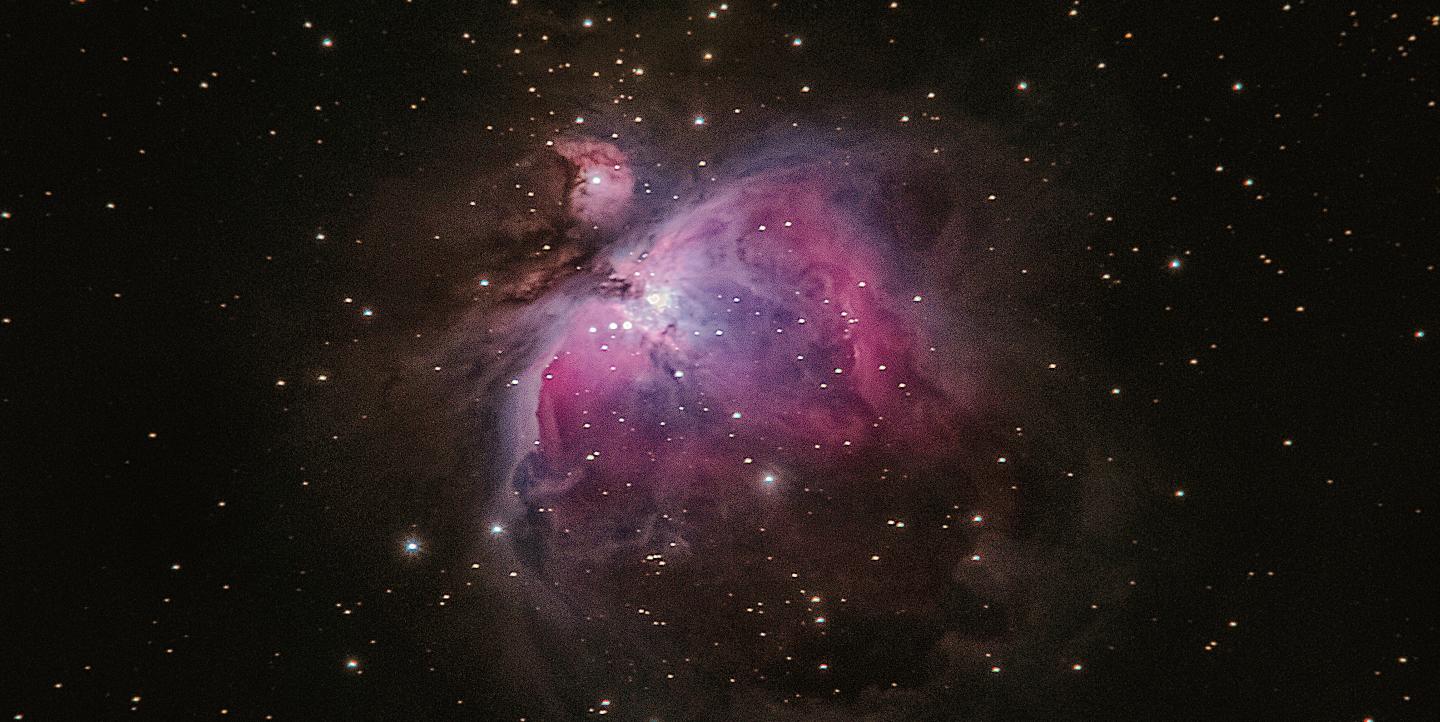In an era of climate change, environmental challenges, health crises and outbreaks, there’s a growing need for science journalists around the globe. However, many journalists find science journalism complicated, with large datasets and complex topics that they need to break down for a general audience.
It is these complex but interesting scientific issues that can scare off some journalists, who may struggle on how to report such data in an easy but understandable manner for their audiences.
However, for Adele Baleta, a science journalist, trainer and media consultant based in Cape Town, South Africa, writing about science might be challenging, but the reward is worth it.
“You can meet scientists who are at the coalface of discovery, travel to exciting locations [and] witness interventions that change people’s lives for the better,” she said, adding that science journalists often gain access institutions and individuals usually closed to the public.
“Through your writing –– spreading the word of evidence-based science –– you can make an impact in local communities,” she added, reminding journalists that it requires writing simply so as to reach a broad audience.
Baleta acknowledges that science journalism is a challenging field to specialize in, as it requires extensive reading and research.
“You don’t need to have a science degree –– although this is becoming more important,” she said. “Some of the best science journalists have no science tertiary education, but what they have is professionalism, commitment and a practice of calling out pseudo-scientific claims.”
In the era of mis- and disinformation, science journalists have to guard against so-called “science” that is based on false or skewed evidence, and often leads to extraordinary claims.
“There are many science deniers today, especially around climate change and vaccines, and science journalists need to be very wary of them,” said Baleta.
To ward off misinformation, science journalists have to understand scientific methods and know which questions to ask, how to investigate claims and most importantly, how to find the right sources, she said.
[Read more: Guidelines for determining when a medical study is newsworthy — and true]
Kenyan journalist Sophie Mbugua reports on climate change, agriculture and energy issues. She observed that science reporting in Africa neglects a number of critical issues.
“Even organizations that sponsor science journalists in Africa focus on health issues,” she said. “Then one discovers other issues within science are neglected –– for example, climate change, environmental reporting or issues to do with oceans.”
Mbugua also added that funders like the Bill and Melinda Gates Foundation are willing to put money behind science journalism in Africa, so there are a number of opportunities for journalists and media organizations.
However, even if your home media organization doesn’t focus on science –– or the type of science you’re interested in –– there’s always a chance to freelance.
To help, Robin Lloyd, a science journalist editor, put together a document with a list of outlets that publish science stories in English (mainly U.S and Canada). Lloyd has experience contributing to publications such as Scientific American, NPR, and Undark, and teaching and mentoring young writers.
The list, Science Media Outlets to Pitch, also includes sub-sections to more easily navigate the 25-page document. These sections include:
- Stories on the environment and environmental science
- Science news and information for children
- Stories about food and agricultural policies, trends and innovation
- First-person science-themed essays
- Investigative science journalism
Although the list is made up of English-language outlets, many of them in North American, international journalists shouldn’t despair. “Many of these outlets likely welcome pitches from journalists and writers based in Sub-Saharan Africa,” said Lloyd.
“I welcome information from international colleagues about media outlets, and their associated editors based in other regions beyond the U.S. and Canada,” she added.
[Read more: Journalists share tips for launching a successful freelance career]
The document includes other useful information for journalists such as pay rates, places to find sources, grant opportunities and training workshops. There’s also a list of universities in the U.S. that offer training in science and health journalism for journalists eager to take their reporting skills to the next level.
“The objective of the document is to make it easier for independent and freelance science journalists to find work [and] share information that is critical for one’s career success,” said Lloyd. “It is often hard to obtain information, as people are reluctant to share, or more generally, to help science journalists thrive in our competitive line of work.”
Main image CC-licensed by Unsplash via Alexander Andrews.


